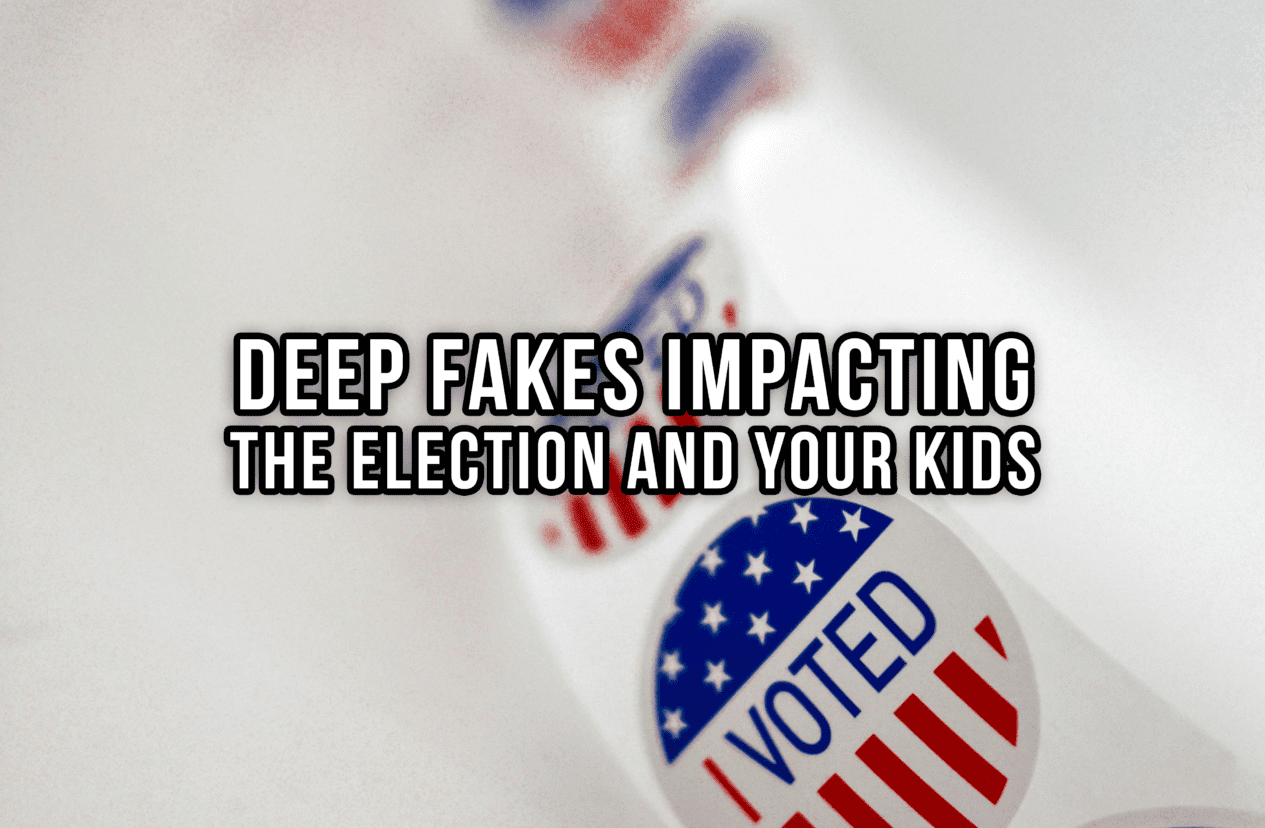Super U Podcast | 7 Super Tips with Tom Hanks
Tom Hanks is an American actor, filmmaker, and comedian. Known for both his comedic and dramatic roles, he is one of the most popular and recognizable film stars worldwide and is regarded as an American cultural icon. Hanks shares insights on how he dealt with past experiences that lead him to widely known success today.
5x #1 Bestselling Author and Motivational Speaker Erik Qualman has performed in over 55 countries and reached over 50 million people this past decade. He was voted the 2nd Most Likable Author in the World behind Harry Potter’s J.K. Rowling.
Need a sneak peek? Below are the main takeaways from the episode.
Super U Podcast | 7 Super Tips with Tom Hanks:
[2:21] Tip #1
“In the beginning, I was just thrilled to know that someone was asking me to be in a movie and I thought that was all that was required. And as long as they keep asking everything will fall into place. And I think I had to become dissatisfied with my own process, you know, five or six movies in where I was feeling that I was not bringing to the work anything other than that. Anything other than that instinct. And that’s when I realized that, you know, okay, part of me got older. And I think even if you’re as old as 29 you have a different set of chops and perspectives, you have a different, believe it or not, wisdom than you did when you were 24. And I think about every five years, I went through some sort of process of re-examining where I was in life, you know, as a man, as well as an actor, and thinking like, guess what, I’m 36 now and there’s a whole world of movies that I can’t make anymore because I can no longer, I don’t want to play the young man who’s trying to figure out life, I want to play a man of bitter compromise. I want to play somebody who’s been through something. So it’s a never-ending process. I think of examining where you are in life as a human being and then transposing that so it’s going to be reflected in your works and.”
[5:32] Tip #2
“Years ago in 1977, when I was an intern at the Great Lakes Shakespeare Festival, my first professional job, we all got yelled at by Dan Sullivan, the director, we had partied a little bit too much the night before. We were showing up for rehearsals and he screamed at us. Well, he did actually scream at us. He said, hey, look, you guys, you guys, you actors, you know what your job is. You know what your job is, you have got to show up on time, and you have to know the text, and you have to have a head full of ideas. Otherwise, I can’t do my job. That was the greatest lesson a young actor could possibly ever get. First of all, that a handful of ideas, bring anything try anything. They might not use it. If it sticks, they won’t use it. Am I right? Marty Scorsese, if it’s not good, boy, let’s see the outtakes from that movie. By the way, knowing the text and it’s not just your lines. It’s the whole thing. It’s the red dot. It’s the theme of the movie. You’ve got to know it. You might not be right in what the opinion that you bring to it. But you’ve got to come at it with some direction. And as Charlize might know, and some of the other people who’ve worked with us through the Platone galaxy of stars. showing up on time is one of the greatest liberating acts you can give yourself in a movie. That means those people with radios in the years don’t need to knock on your door and say they’re ready for you, you’re actually already ready and you have the liberty and you have the freedom of being there early enough to settle down because when the time comes, you have to hit the marks and you have to go there.”
[8:40] Tip #3
“Well, I felt like I was in complete abject total failure. And everything I thought was working was actually not working. It’s a place that everybody comes to in their life for one reason or another, you know, I’d go off and talk to somebody and say, what, what have I done wrong? And they would say, Well, what do you think you’ve done wrong? Why am I so unhappy? Well, tell me about your unhappiness. And you work through that till you figure out that, you know, number one, you have been an idiot. But number two, you’re no longer an idiot. It’s human nature to go through these kinds of they’re not just depressions, it’s not just they’re not necessarily a clinical and they just go through dark times. You just go through, you just go through moments where you think, man, I’m fine. And I’ll never be anything other than just like this guy that I am now but you learn the aid that you can get from just asking these questions of yourself and verbalizing it to somebody who’s who is really, really good student of human nature can help you get through some very tough time Now sometimes it’s a, you know, a priest at the church that you trust. Sometimes it’s a, it’s a really good friend. I’ve had versions of all those things that have been the type of people that have said, you know, you’re not a horrible person and this will pass, you just got to have a little bit of faith and goodness that is inside.”
[11:15] Tip #4
“As soon as you have that date on the calendar, where you’re going to have to show up and put on clothes that are not your own. And pretend you’re somebody that you’re not, you’re running the great risk. It’s a big high wire act because you got a 5050 chance that you’re going to bet you’re going to fail that you’re not going to be there any movie you go through is an emotional er man, you’re being whipped back and forth between moments where if you don’t get it on that day, on that moment, it’s not in the movie, you better be there, the only thing you can do is stretch yourself to a limit and hope you come back. And as soon as I start a movie, as soon as I ever as soon as it begins, there’s certainly there’s the exciting element of it. But that element is one of danger. Are you going to be able Are you going to be able to do it? Are you going to be able to look at yourself and I still look at films and I think there are moments where I go like that over the TV or the screen because I don’t need to see myself be so disappointing. And this goes back to earlier days where you think, man, you’re driving home at the end of the day, or you’re back at the hotel you think, man, I cracked it today, man. I was damn good. I pop that scene man. I had the dialogue. I had the motivation. I was flexible. I crushed it. And then you see the movie and it’s a big fat nothing. Nothing works. nothing’s really old. Yeah, no, yeah, happens all the time. And the inverse happens as well. I didn’t know what I was doing. I’m not sure even know what that scene was about after we talked about it at the end of the day. I mean, did I even come close to getting there what it was supposed to? I don’t know. I don’t know I Well, if it’s not any good at won’t be in the movie. And then it ends up being like one of the most magnificent moments of your career. There’s no rhyme or reason to it. It’s cruel and indifferent fate. And you cannot assume that you have done it great. nor should you assume that you’ve been a failure.”
[15:31] Tip #5
“You learned at the end, how to trust your instincts more than anything else, because you can’t ultimately it’s not an intellectual process making a movie and specifically acting in a movie. There is a way early on and early on you make this judgment decision. Yes, I’ll do it. Yes, No, I won’t. That’s really after that you just have to fill yourself up, make yourself this kind of repository thing. You can’t six months prior to be doing some reason you see this moment right here. I am going to utilize that moment when the time is no, it has to be somebody who just keeps loading yourself up so that when the moment comes, you have so much intangible stuff at your fingertips so that you can realize, Oh, I know I have nine images in my head that will help me communicate this idea as opposed to one specific decision I made six months ago or even the night before.”
[17:32] Tip #6
“it’s always a battle against self-consciousness. It’s hard to get past that the realization that you’re pretending to be somebody and people are looking at you even if it’s the crew I wish I had had I wish I’d had more basic things and more tools I wish I had gone through more classes I wish I had been forced to take a dance class I wish I had forced to get up and sing in front of people I wish I had taken like my I wish I’d gone to that kind of like performance school in which you have to get past the self-consciousness of not being able to do it well and still having to do it. You know what I mean? Like I couldn’t I the idea of singing in front of anybody makes my throat constrict I can’t do it. And I wish that I would have or get off the stage or you know get a job or anything like I wish I had gone through more of the tools of the actor, so to speak.”
[19:57] Tip #7
“It’s not a bit of advice, but it’s a pleasure. In fact, it’s a single four-letter word. It’s a verb and a noun, which takes into account the reality of your four years at Vassar as well as the demands of the next four decades you spend beyond this campus. It’s a message once made familiar by The Beatles, those northern English lads who embody the powerful help, we need. Your help, you must help. Please provide help. Please be willing to help, help and you will make a huge impact on the life of the street, the town, the country, and our planet. If only one out of four of each 100 of you. Choose to help on any given day in any given cause. incredible things will happen in the world you live in, held publicly held privately, helping your actions by recycling and conserving and protecting but help also in your attitude helped make sense where sense has gone missing. help bring reason and respect to discourse and debate help science to solve and faith to Sue’s help law bring justice until justice is commonplace. Help and you will abolish apathy. The Void which is so quickly filled by ignorance and evil. life outside of college is just like living in it. One nutty thing after another, some of them horrible. But all interspersed with enough beauty and goodness to keep you going. That’s your job, to keep going. Your duty is to help without ceasing. The art you create and glorify it. The science you pursue proves its value. The law you practice it can pass on its benefits. The faith you embrace will make it the earthly manifestation of your God. Here at Vassar, whatever your discipline, whatever your passion, you have already experienced the exhausting reality that there is always something going on. And there was always something to do. And most assuredly you have sensed how effective and empowering it can be. When more than four out of 100 make the same choice to help. You will always be able to help. So do it. Make peace where it is precious. Help plant trees, help embrace diversity and celebrate differences. help stop gridlock. In other words, help solve every problem we face every single one of them with the power of four out of 100 help and we will save the world. If we don’t help, it won’t get done.”
Click here to subscribe and listen to the full episode.
Connect with Tom Hanks:
Instagram: @tomhanks
Twitter: @tomhanks

To ensure you don’t miss future episodes, subscribe to our podcast by clicking here >> Super U Podcast. We hope these tips help unlock and unleash your inner superpower!
The Super U Podcast is hosted by #1 bestselling author and Motivational Speaker Erik Qualman.





